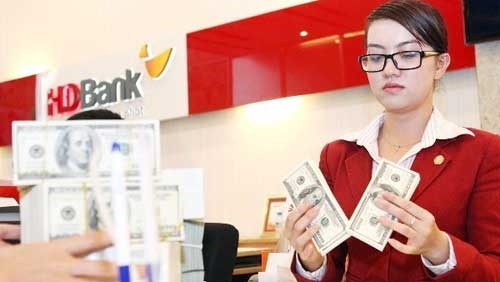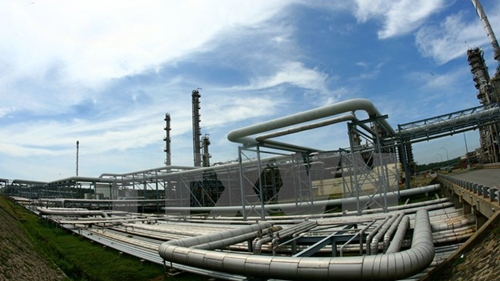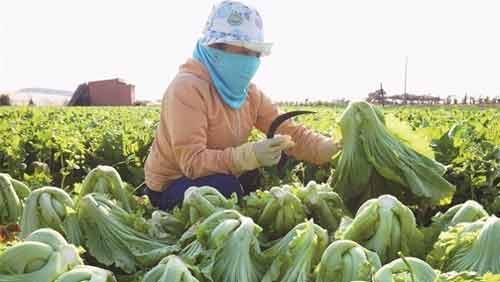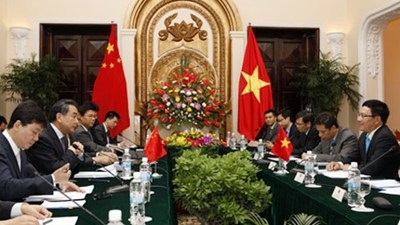
Vietnamnet
2144 newsArticles by author

SBV adjusts compulsory reserves, a sign of 2016 monetary policy
The new policy on compulsory reserves, in the eyes of analysts, indicates the SBV's determination to curb interest rates and prepare for interest rate regulation policy in 2016, experts say.

Textile manufacturers want to become satellite Chinese companies
Many merger and acquisition (M&A) deals have concluded recently, after which Vietnamese companies joined Chinese textile & garment production chains.

Dung Quat oil refinery not very attractive to investors
The shares of oil and gas companies have seen a price decrease of 49% by November compared with the same period last year, the sharpest so far.

Five giant companies weighed down with foreign debt
Most of the foreign debt incurred by state-owned general corporations are in their core business fields, and as such they have to look for capital to run projects.

Agriculture an attractive field for investors?
Agriculture is an investment field which promises high risks but low profitability, just 3-4%.

E-tailing in pre-booming phase
E-retailing or e-commerce has become popular in Vietnam since 2004 with the number of online customers having been on the rise.

Vietnam’s unique ancient Shan Tuyet tea forest in pictures
Situated at an altitude of nearly 1,400 meters above sea level, Suoi Giang in Van Chan district, Yen Bai province is the home to the oldest tea trees in Vietnam.

Foreign-invested footwear manufacturers show their power
Foreign invested enterprises (FIEs) account for less than 25 percent of total number of footwear enterprises, but make up 77% of total export value.

Online payment system challenges domestic bankers
Domestic banks are struggling to compete with foreign banks, which are powerful in online payment technology, and with businesses applying online payment methods.

Thais taking firm steps towards Vietnamese market
The business fields that Thais have poured money to in Vietnam – infrastructure, building materials, retail, consumer goods, food and automobiles – are all fields with great potential.
